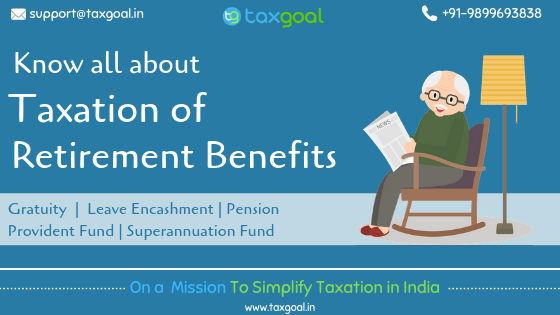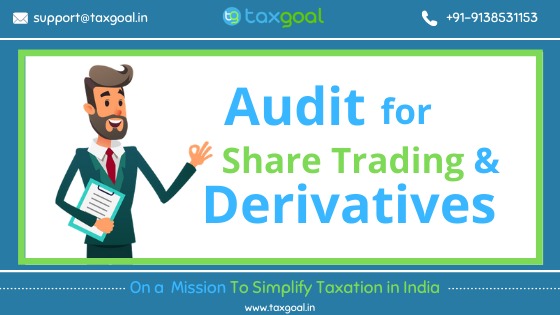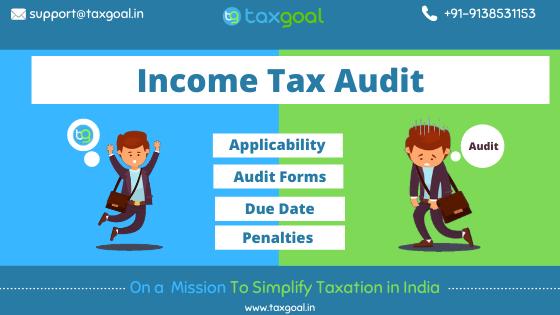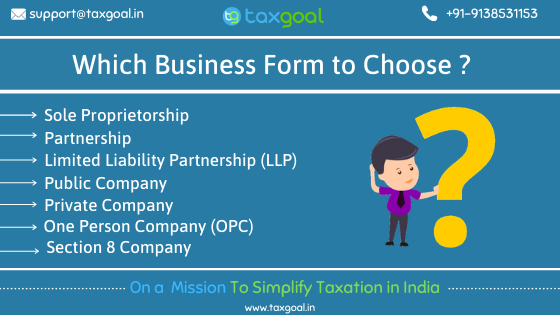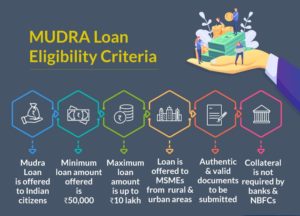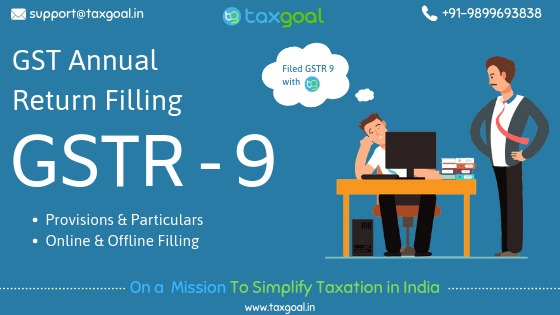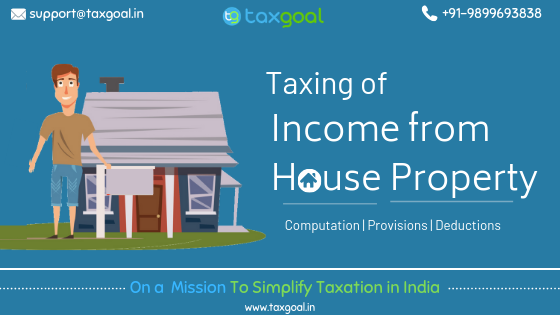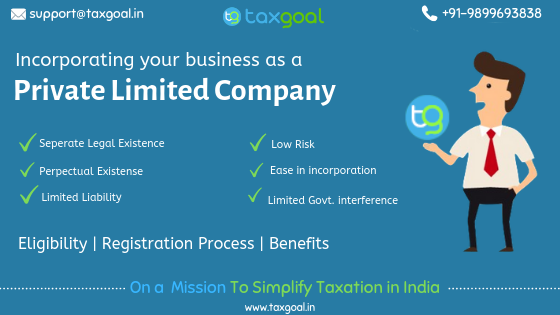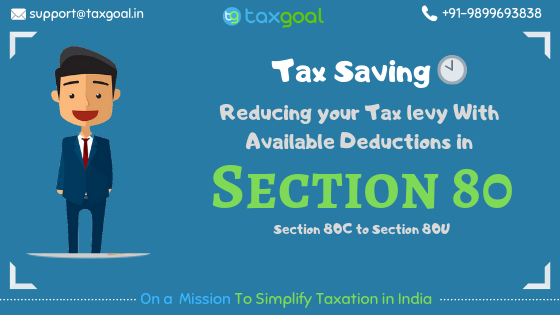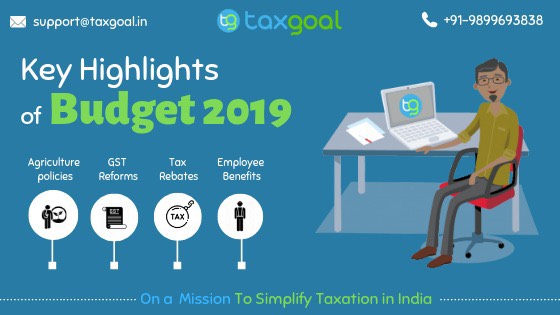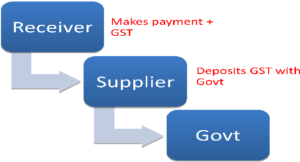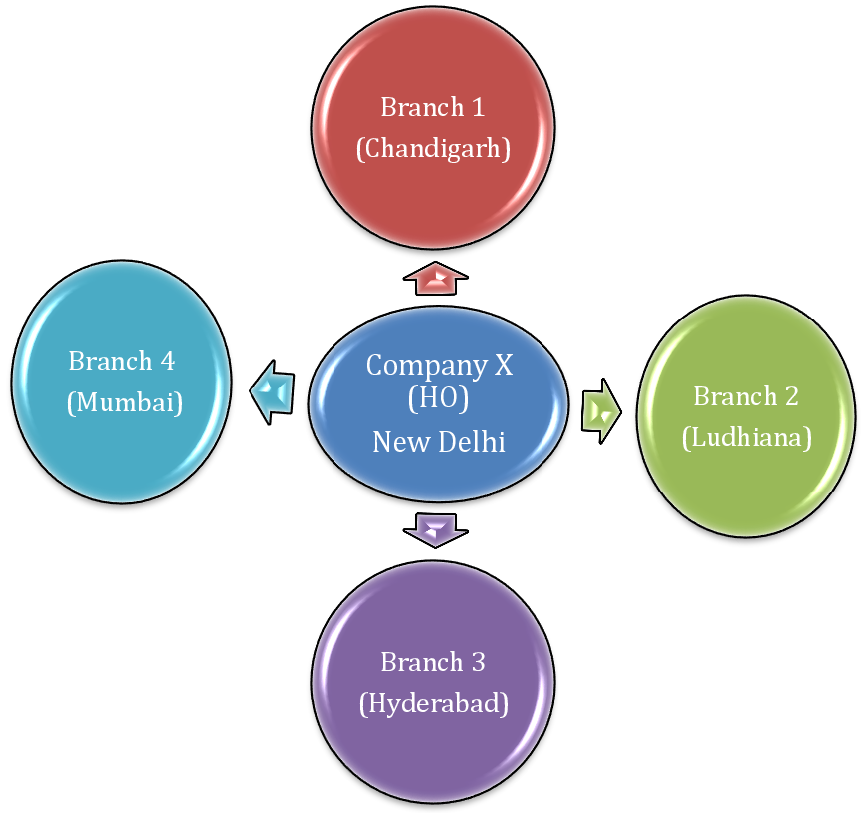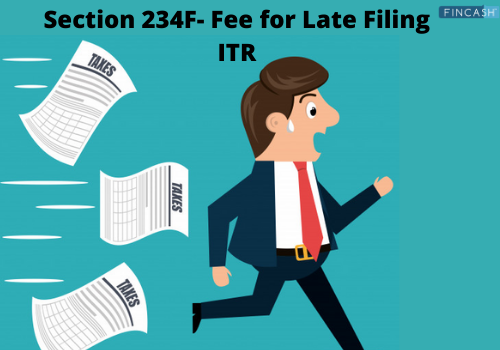
Taxation of Retirement Benefits – TaxGoal
Offering retirement benefits to employees is one of the greatest ways to enhance work interest of employees. These benefits impact their present and future state of living. Business owners often allow various retirement plans and additional life benefits to employees which help both the employer and employee in tax saving.
Considering the need of social security and well being of retired personnel the Income-tax Act, 1961 provides certain exemptions and deductions which can be availed either by an employee or employer or both for putting forward their retirement benefits in their annual tax returns.
Having income from multiple sources?
Get assistance on filing the right Income tax Return form for yourself.
Email us at support:@taxgoal.in
Here in this article, you’ll get to know the latest provisions and implications applicable for filling taxes on retirement benefits received from your employer.
Gratuity
Gratuity is a monetary benefit which an employer allows to its employees aside of the regular monthly salary and is paid on happening of certain events which are defined under the Payment of Gratuity Act 1972. In India, gratuity is paid mostly in cases :
– when payment of superannuation fund is made to employee.
-on retirement /resignation or termination of employee.
– on disablement or death of employee
Also, Exemption on gratuity is allowed to an employee only if his term of service exceeds 5 years.
Taxability of Gratuity
- For employees registered under the Payment of Gratuity Act: For employees recognized under the provisions of Payment of Gratuity Act, the least of the following amount is exempted :
– Last salary taken * No. of years in employment * 15 days / 26;
– Rs 10 lakh (Rs 20 lakh as amended on 8th March 2019 to be applicable from 29th March 2019 ).
– Actual amount received.
- For Non-Registered employees: The IT act also defines a basic exemption limit for employees who are not recognized under the Payment of Gratuity Act. For exemption in income tax, the least of the following shall be exempted :
– Average salary of last 10 months * No of years in employment *1/2 (for half month ).
– Rs 10 lakh (Rs 20 lakh as amended on 8th March 2019 to be applicable from 29th March 2019 ).
– Actual amount received.
- For Government employees: The amount of gratuity shall be fully exempted for government employees, defense workers and employees in local authorities of government as specified.
Note: Gratuity paid to widow or legal heirs of a deceased employee shall also be exempted from Income tax.
Leave Encashment
As per distinct labor laws, employees are allowed a certain number of paid leaves every year. Such leaves if not taken can be carried forward and can be availed by the employee in future.
Leaves accumulated can be encashed in future at any time during employment or at resignation or retirement.
Taxability of Leave Encashment (Section 10(10AA)
- Leaves encashed during the employment is fully taxable in the hand of all employees whether government or non-government. While a tax relief for salary amount received in arrears under Section 89(1) can be claimed in such a situation.
- Leaves encashed at the time of retirement or resignation by a Central or State government employee shall be fully exempted.
- In all other cases, the least of the following amount can be exempted :
– Total amount entitled for the leave (not to exceed leave earned for 30 days for every year of actual service).
– The average salary of 10 months;
– Actual leave entitlement
– Rs 3,00,000
Note: Leave salary paid to the legal heirs of the deceased employee shall be fully exempted.
Pension
Pension is a specified amount paid to the employee or to the legal heirs of the employee after his retirement. It is either paid in a lump sum (Commuted Pension ) or in monthly installments.
Taxability of Pension (Section 10(10A).
– For any value of commuted pension received by any Central or State government employee, employees working in any local authority or defense service shall be fully exempted from Income tax.
– For other employees, 1/3 of the commuted pension shall be exempted if gratuity is received with pension. In other cases, 1/2 of the commuted pension would be exempted
Note: Pension received by any family member shall be taxable under the head ‘Income from other sources’, while only be exempted if received in lump sum or up to limit of Rs 15,000 or 1/3 of uncommuted pension whichever is less.
Provident Fund
A certain amount of contribution made by the employer or employee or both towards a fund of savings opened in name of provident fund. This accumulated amount can be taken by employee at the time of retirement or upon disablement for future financial security.
Taxability of Provident Fund ( Section 10(11) & Section 10 (12) ):
– Any payment received from any recognized provident fund under Provident fund act, 1925 shall be fully exempted if received on retirement/ resignation or termination. While a deduction under Sec 80C can also be availed if received during employment.
– Payment from PF as notified by Central government shall also be fully exempted.
– Payment on account of Public Provident fund is fully exempted if taken after retirement or resignation, else deduction can be availed under Section 80C.
Superannuation Fund
A fund specially created by companies for there employees like a pension plan, to which an extent of contribution is made either by the employer or the company which grows with interest and without much tax implications. It is paid to employees either at there time of retirement, resignation or termination.
– Payment made through an approved superannuation fund shall be exempted to employee and employer both for retirement, death, injury or if given as annuity.
– If withdrawal by employee in case of change of job, it shall be taxable under ‘Income from other Sources’.
Get expert CA advisory services online with our outgoing tax experts online by emailing us at support@taxgoal.in
